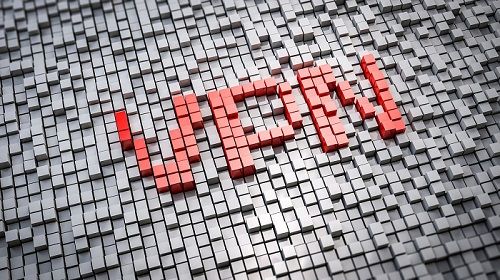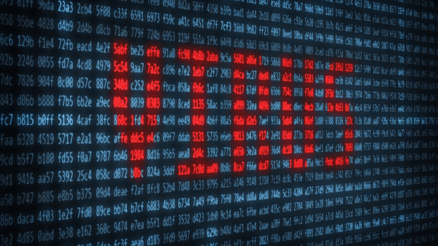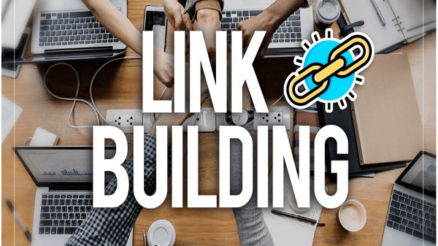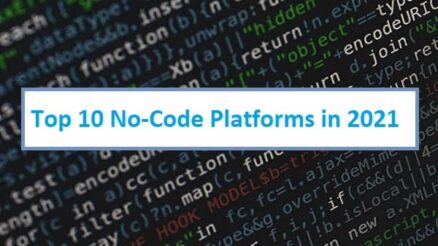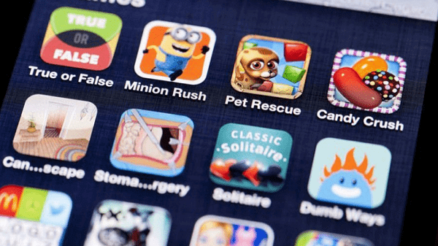Contents
What is a VPN connection?
A VPN connection acts as a protected tunnel that starts with us and reaches the servers of the VPN provider. Thanks to secure encryption, no stranger can see what we do on the Internet.
How does a VPN connection work?
If we want to protect ourselves through VPN technology, we really don’t need to know anything about encryption protocols and so on.
All that is required on our side is that we download a VPN application, log in, connect to a VPN server and with that we are (in theory) 100% protected.
If we connect to Wi-Fi networks at our workplaces, the IT department can see exactly what we are doing.
The same thing happens with public Wi-Fi networks, which we find in airports, restaurants, and cafes, for example. The person in charge of the WIFI connection always has full control over access of the user’s information.
This also includes our financial information, Google’s search history, and the videos we watch when it comes to media sites like YouTube.
In other words, we connect to the Internet and since we have no protection, hackers can see what we are doing in detail.
The entire Internet is madeof a huge number of servers that often communicate with each other. We may visit some websites while other sites remain inaccessible, due to regional barriers or payment walls.
But, through using VPN connection we can access them and get the important information.
The way the Internet is designed means, we always leave little traces behind us. This probably doesn’t matter if we upload some cat photos or watch some Netflix series. But when it comes to more important things like confidential emails and bank transfers, it’s not so much fun knowing that we’re being tracked.
Read More : 5 reasons why you need to use a VPN
This is what happens when we are connected through a VPN:
When we are connected to a VPN server, we are protected from “spies”, while the level of online security gets a big boost in the right direction. The VPN tunnel acts as an encryption broker that solves many problems:
- The spies only see that we are connected to a VPN server, nothing more.
- No one can identify who we are and what we surf the web with.
- All data is encrypted. If someone were to check what is sent and received, they would only see a completely useless combination of letters and numbers.
In other words, our internet connections become much more secure with a VPN connection.
How secure is a VPN connection?
All VPN companies promise the exact same thing. Our Internet connection must be secured with “Military Grade Encryption” or “Bank Level Security.” But do they tell the truth? Sometimes, but not always. Below, we discuss what level of security may differ between two different VPN providers that promise the exact same thing.
Modern VPN protocols should be available
There are secure VPN protocols (for example OpenVPN), but even more insecure that can be broken in just a few minutes (for example PPTP). A worthwhile VPN provider offers a 256-bit encryption connection; we should not settle for something less secure.
Registration policy must be sound
When we sign up for a VPN service, our ISPs and other spies cannot track usthis has a big advantage. However, all of us who pay for a VPN can rest easy. Premium providers like Cyberghost, NordVPN, and ExpressVPN never keep any sensitive records. They also do not cooperate with any government or copyright organization, nor do they intend to do so in the future.
Unfortunately, we cannot say the same about free alternatives that have a business model for collecting confidential data and then selling it to third parties. But we will talk about this in more detail in the article.
Evaluate all the factors before choosing a VPN service
The above factors are by far the most important, but there are, of course, more to consider, like pricing, potential security leaks and more.

